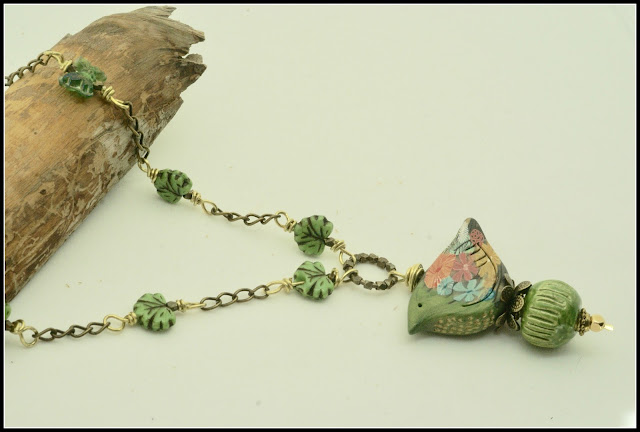I have loved watching birds for decades and I have several favorites--the hummingbird and cardinal are at the top of my list.
Hummingbirds are the subject of much conjecture this summer. These tiny birds are among the smallest of birds and are between 3 and 5 inches in length. There is a rumor in my area and possibly yours that there are less hummingbirds this summer. I did a brief search on the Internet (non Scientific articles only) and found no evidence to support this theory. My small number of serious birder friends agree that there are less hummingbirds this year and offer a variety of explanations which range from chemicals used on lawns to control mosquitoes to a decline in the bee population. Who knows?
In the wild, hummingbirds visit flowers for food, extracting nectar, which is 55% sucrose, 24% glucose and 21% fructose on a dry-matter basis. Hummingbirds also take sugar-water from bird feeders. I have a number of friends with hummingbird feeders. Such feeders allow people to observe and enjoy hummingbirds up close while providing the birds with a reliable source of energy, especially when flower blossoms are less abundant. This is a win win for hummingbird fans. A negative aspect of artificial feeders, however, is that the birds may seek less flower nectar for food, so reduce the amount of pollination their feeding naturally provides.
I just learned that one way to increase the number of hummers feeding in your yard is to have a fruit feeder or two nearby the nectar feeders. Using overripe fruit like bananas or peaches attracts fruit flies. Once the birds realize that the fruit is attracting insects, they will fly over to the fruit feeder and eat those tiny insects. In a few hours time a new generation of fruit flies replaces those previously eaten by the hummers. In this way, you can provide both the nectar and insects they need to thrive and keep them around longer. Otherwise, off they go, away from your feeders looking for insects in the wild. Some folks who really want to attract hummingbirds may want to try this. I will not. I absolutely hate fruit flies which hover around my wine for months. I am so paranoid about this I am considering not having any fruit in my house this summer and keeping the windows closed until the first frost.
 |
| Photo by Nathan Anderson on Unsplash |
My other favorite bird is the cardinal. No matter how many times I spot one, I always get excited. They are robust, seed-eating birds with strong bills. The family ranges in size from 4 to7 inches. They are typically associated with open woodland. The northern cardinal is so well loved that it has been named the official bird of seven U.S. states. Bright red cardinals are easily identified by even casual bird watchers. They are often seen frequenting backyards and bird feeders. When foraging elsewhere the birds eat insects, seeds, grain, fruit, and sap. Cardinals do not migrate and have traditionally been more common in warmer climes such as the U.S. southeast. In recent decades they have expanded their common range north through the United States and even into Canada. This population growth may be due to an increase in winter birdfeeders and to the bird's ability to adapt to parks and suburban human habitats. Even though I don't feed cardinals, I see numbers in my wooded backyard and neighborhood.
 |
| Red Cardinal Bracelet by BayMoonDesign |
I want to share with you a bird related project of mine. This winter I spotted a tin can on eBay that had a number of birds on it. One of the birds was a cardinal so I knew that I had to have this can. It arrived and I promptly transformed it from a cylinder to a flat surface with some heavy duty shears while wearing gloves. I invested in a disc cutter and proceeded to make a few disks. My first disk was the cardinal. This red cardinal bracelet was handmade using one of the beautiful vintage tin scenes. Cardinal bracelet comes with a vintage recycled leather button and leather clasp. The leather button comes from a jacket that I wore decades ago. I loved the buttons so much that I cut them off the jacket and hoarded them. The bracelet has red colored natural Irish waxed linen thread woven through to add a pop of color. This handmade cardinal jewelry is wearable art that makes a special art gift for you or a friend who is a nature or bird lover. It is available on in my online store for purchase.
 |
| Bird Connector by BayMoonDesign |
I also made a few disks for other jewelry designers to create with. They are available in my online store.
 |
| Blue Bird Connector by BayMoonDesign |
I still have lots of the tin can left so check my online store periodically to see what I have to offer.
I am wondering what your favorite bird is and if you have a hummingbird theory.










